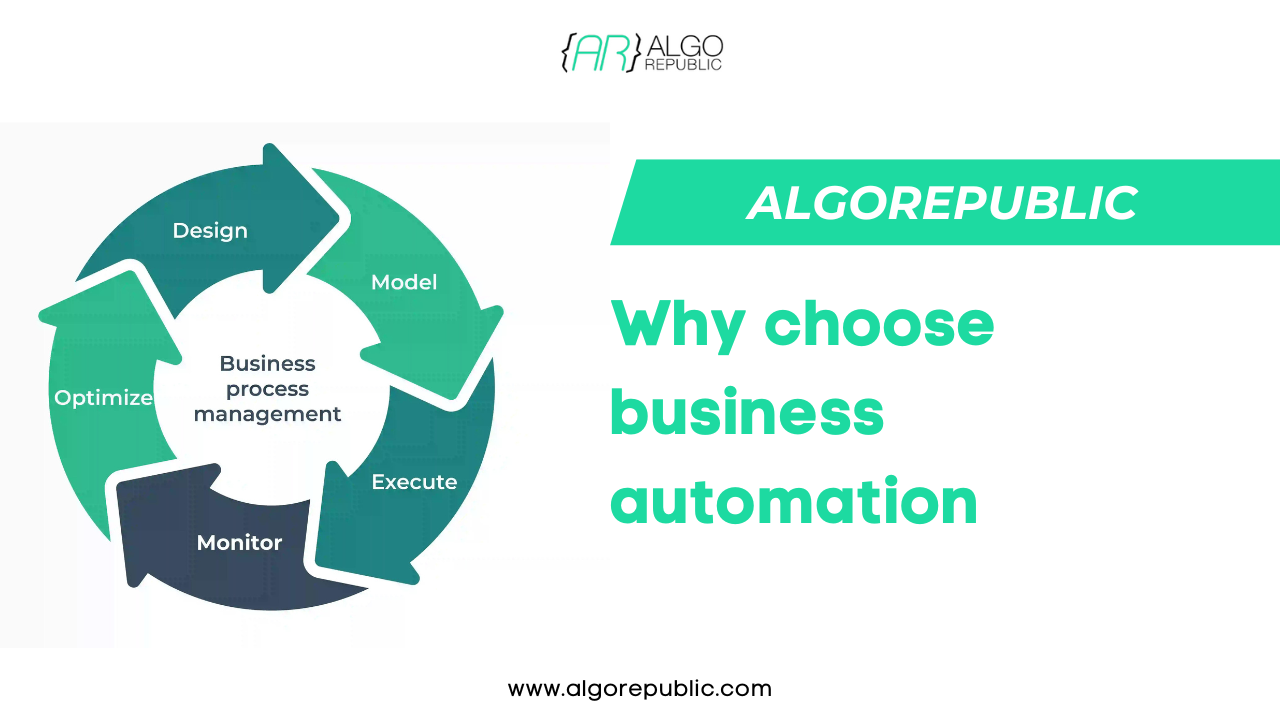Table of Contents
In the fast-paced world of contemporary business operations, software automation solutions shine as a symbol of efficiency. It offers organizations an opportunity to simplify processes, cut expenses and enhance output levels significantly. By removing repetitive manual tasks and ensuring higher reliability and performance optimization opportunities abound with this advanced technology.
In our all-inclusive overview of automation’s transformative role in modern-day business – we’ll focus on its essential benefits like cost reduction, increased productivity alongside high availability while also acknowledging potential drawbacks commonly found.
Automation Systems’ Advantages:
Automated systems offer organizations more than just cost savings and productivity gains; they also provide agility and adaptability to navigate changing market dynamics. Automation allows for easy scalability, responsiveness, and increased flexibility which helps businesses thrive in a rapidly evolving industry setting the groundwork for continued growth and innovation.
Reduced costs:
The emergence of business automation marks a significant shift in the approach organizations take towards cost monitoring. Implementing automated procedures like data entry, invoicing and inventory management enables businesses to minimize expenditure while saving valuable time and resources. By reducing operational costs through routine process automation, companies can uplift their profitability considerably.
Productivity Boosted
The essence of automation is the commitment to greater productivity, as it releases employees from repetitive and time-consuming tasks. With automated standard procedures in place, employees can focus on important tasks that stimulate innovation and business development, ensuring a more adaptable and competitive entity.
Ensuring continuous accessibility
Through automation, crucial business functions remain consistently available and enable organizations to provide uninterrupted service to their customers and stakeholders. Whether it’s inventory management system, processing orders or handling customer inquiries, automated software systems work tirelessly in bolstering reliability which leads to increased customer satisfaction.
Improved Dependability:
Automated systems have dependability and precision, decreasing the possibility of human mistakes and guaranteeing reliability during business operations. By establishing uniform protocols and enforcing rigorous conformity to pre-established regulations, automation nurtures confidence in stakeholders while cultivating faith in organizational competencies.
Preventing Mistakes in Batch Processing:
Automated software systems ensure businesses are protected from costly inaccuracies and inefficiencies caused by batch processing errors. By executing tasks in real-time whilst maintaining data integrity, the likelihood of errors is minimized resulting in improved operational efficiency as well as enhancing customer experience.
Maximized efficiency:
Optimizing processes, reducing cycle times and enhancing efficiency across all areas are a few of the benefits that automation can bring to organizations seeking operational excellence. By automating core functions like order processing, supply chain management as well as customer service; businesses have the ability to exceed benchmarks while providing unparalleled value to their customers.
Disadvantages of Automation:
Although business automation software offers numerous advantages, it also poses several obstacles that require efficient management. These difficulties include excessive dependence on technology, deficiencies in expertise and knowledge or skills gap, as well as unwillingness to embrace change. As a result, these challenges must be tackled preemptively to guarantee thriving automation projects while boosting ROI (Return On Investment).
Integration challenges: Organizations face significant obstacles in integrating automated systems with their current infrastructure, as compatibility issues and the need for interoperability between divergent systems demand careful planning and precise execution.
Skills gap: The implementation and management of automated solutions require specialized skills and expertise, leading to a skills gap. To effectively use automation in their operations, organizations need to invest in training programs that bridge this skill deficiency by providing employees with the necessary knowledge.
To sum up, the integration of business automation is a game-changer that enhances productivity, creativity and competitiveness in today’s commercial environment. Businesses can explore uncharted possibilities for expansion, resilience and triumph by adopting technological advancements which overcome challenges proactively with strategic vision.
Looking for the best business automation solutions? We at AlgoRepublic are here to help! Let’s connect today and get started with business transformation.
Source: Business Automation



